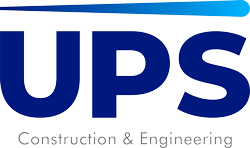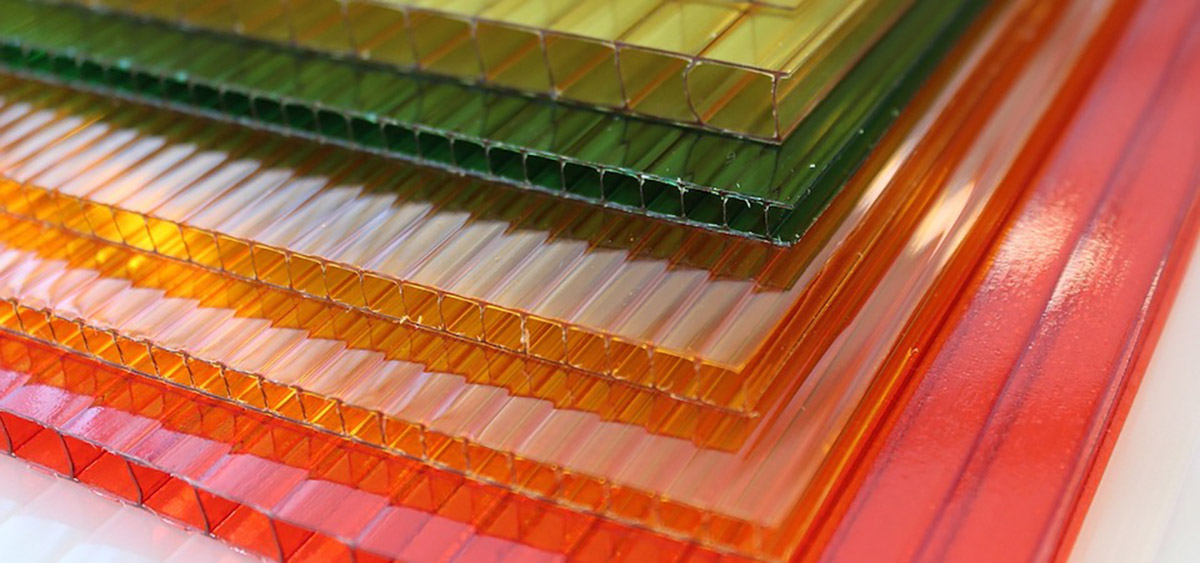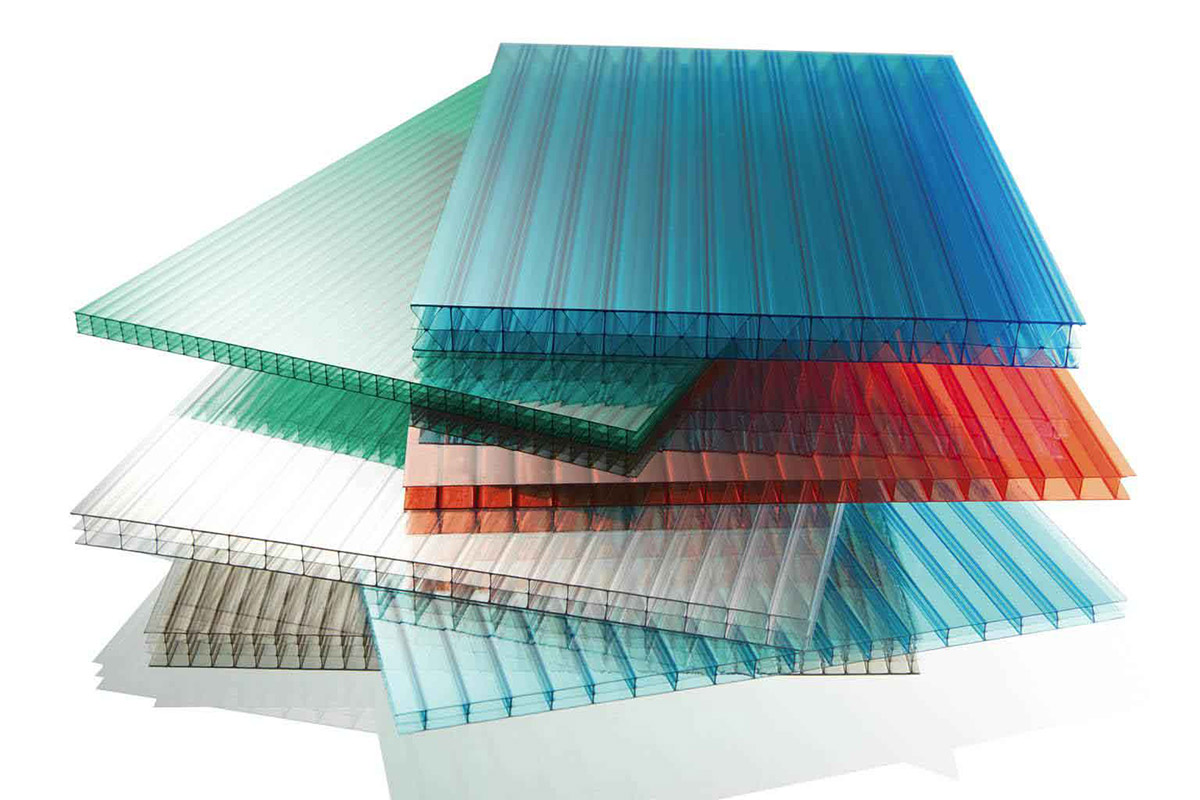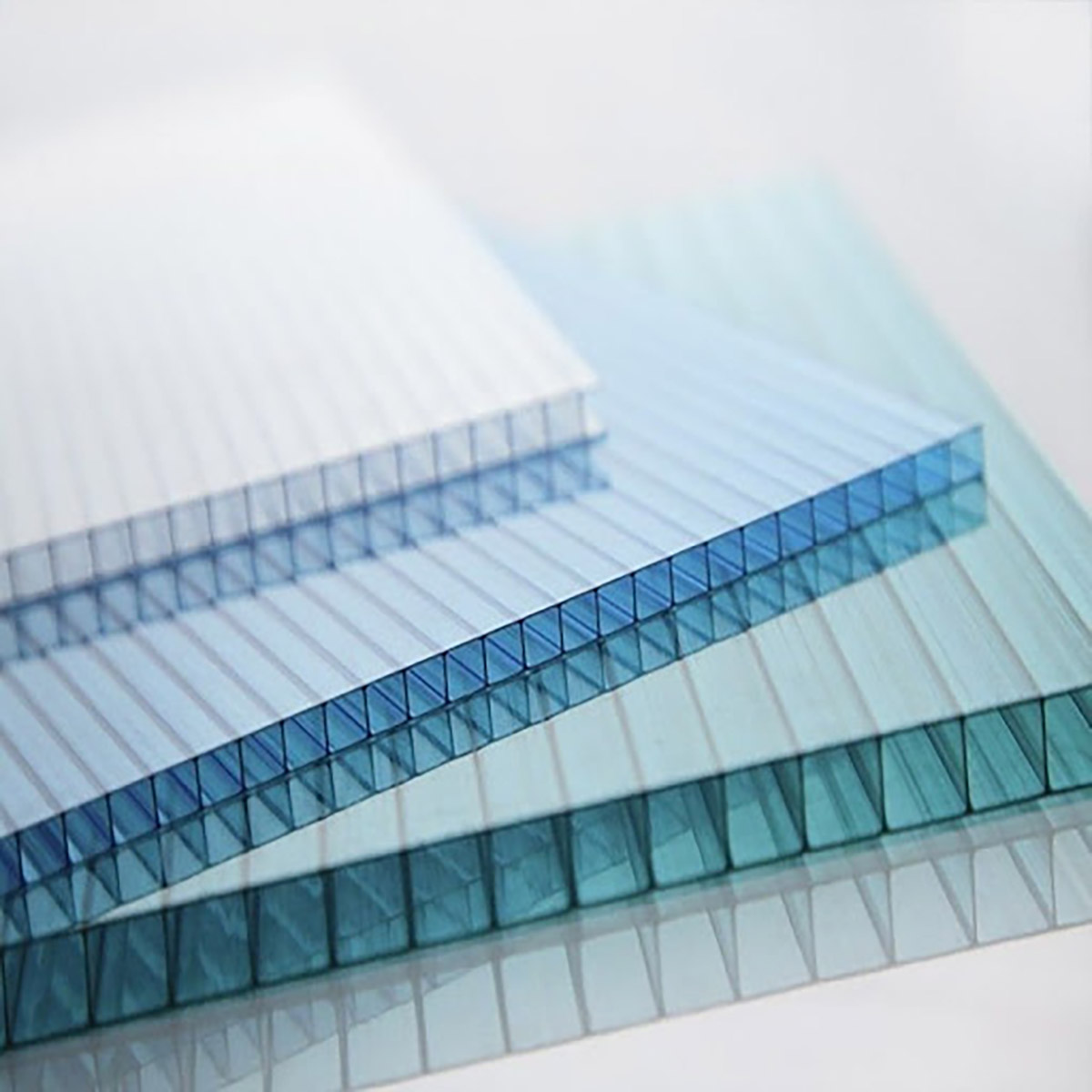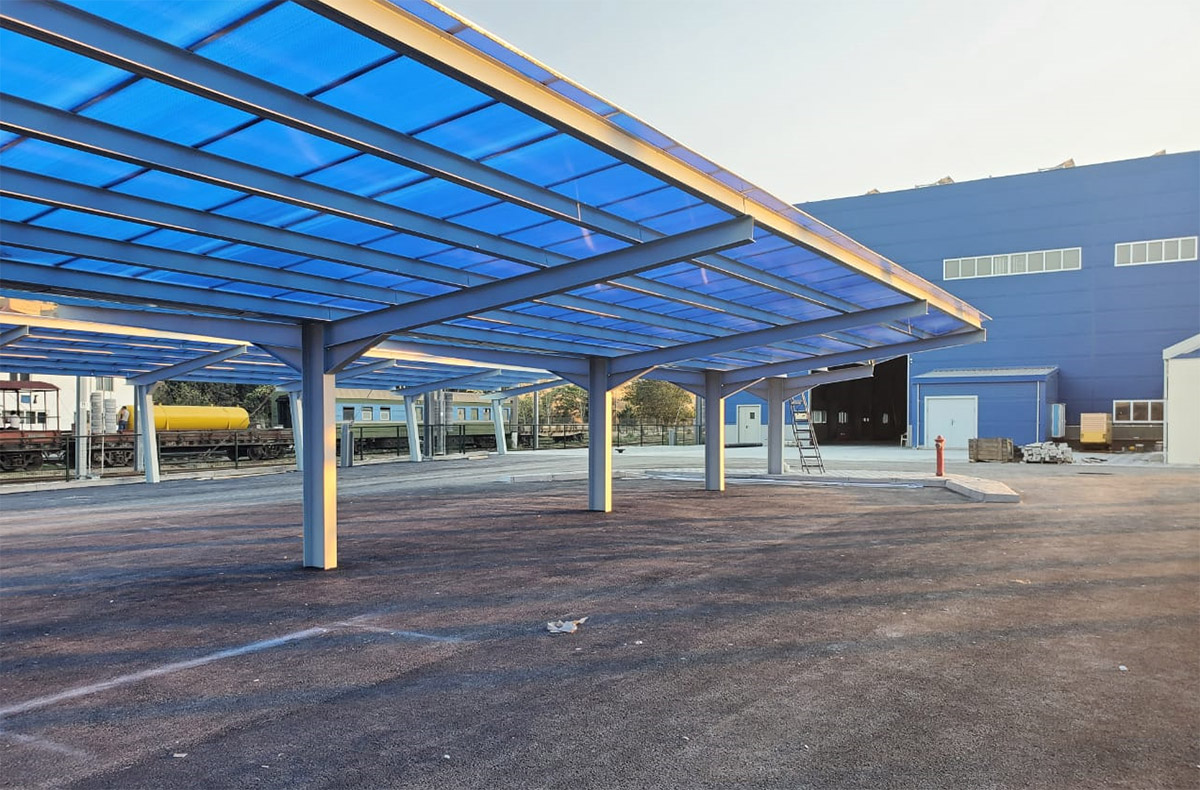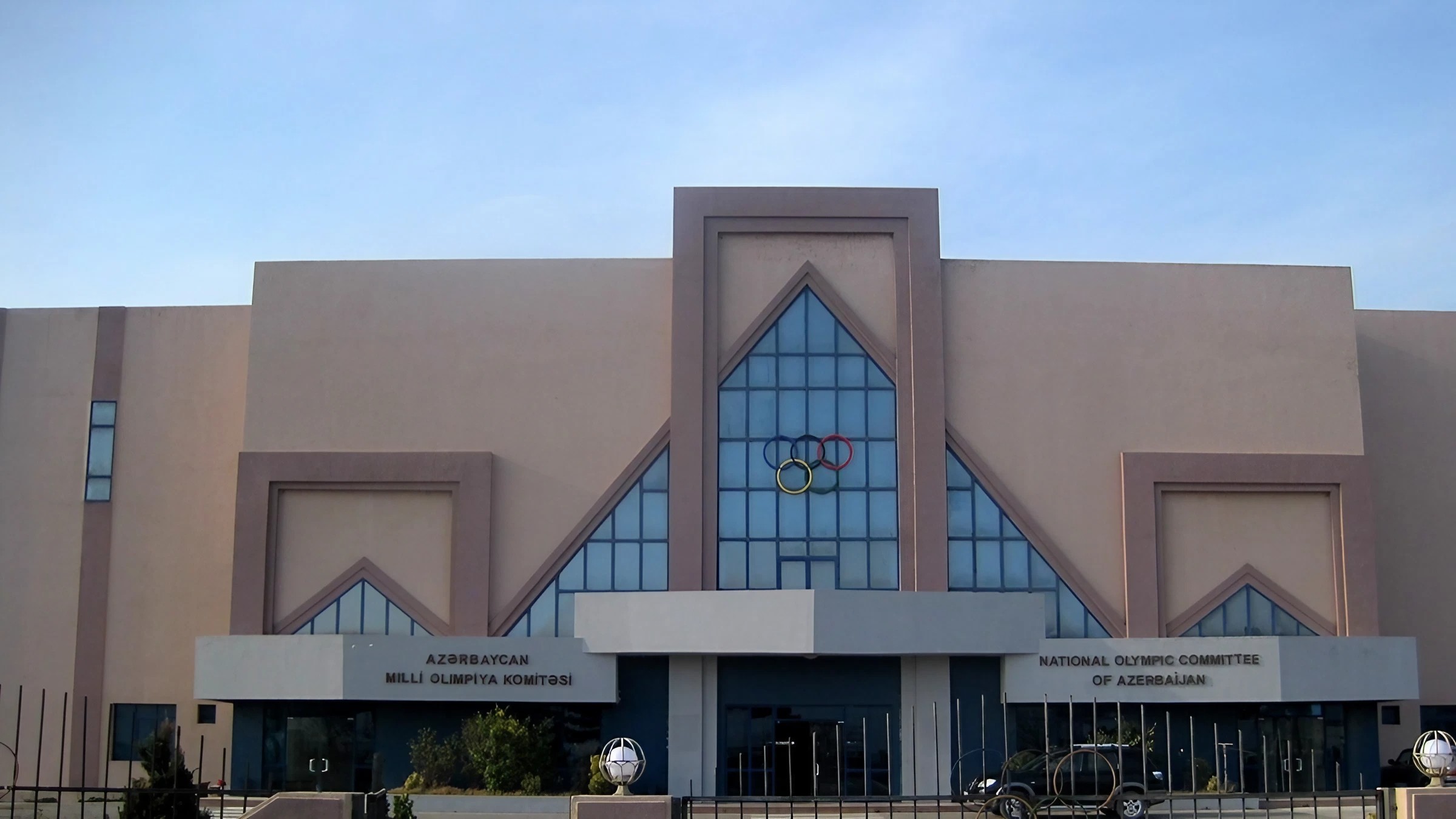
Polycarbonate panels
Cellular polycarbonate panels are layered polymer materials with a porous structure. This material consists of two layers, connected by internal partitions called stiffening ribs. At the PM factory, the entire polycarbonate manufacturing process is performed on modern Italian equipment. In the manufacture of polycarbonate products, materials produced by leading raw material suppliers such as Bayer and Sabic are used.
Application area
The lightness of porous polycarbonate panels allows for creating original designs, increasing the illumination area, and performing installation without the use of lifting mechanisms.
The use of porous polycarbonate may reduce the total cost of the construction facility, and the lightness of the layers allows for reducing the volume of structures;
Easy processing - any shape can be easily cut with ordinary cutting tools;
Chemical resistance - porous polycarbonate panels are resistant to many chemicals and compounds;
Easy cleaning - porous polycarbonate panels are easily cleaned with a cotton cloth soaked in ordinary water (in some cases, the use of cleaning agents is allowed, but it is not recommended to use ammonia-based products for cleaning polycarbonate since they may cause damage to it).
Polycarbonate profiles
Polycarbonate profiles are specifically designed for mounting porous polycarbonate panels. Their bending radius and thermal expansion factor coincide with those of the panels. Polycarbonate profiles have high strength, good light transmission properties, low weight, and resistance to ultraviolet radiation.
Connecting profiles are used when installing very long panels, especially in semi-dark roofings, so that light rays can penetrate through the panel joints. To protect the profiles from solar radiation, they are covered with special protective coatings on the outside. Advantages of polycarbonate profiles: light transmission through the joints of polycarbonate panels; low weight; flexibility and tightness.
No documents available

